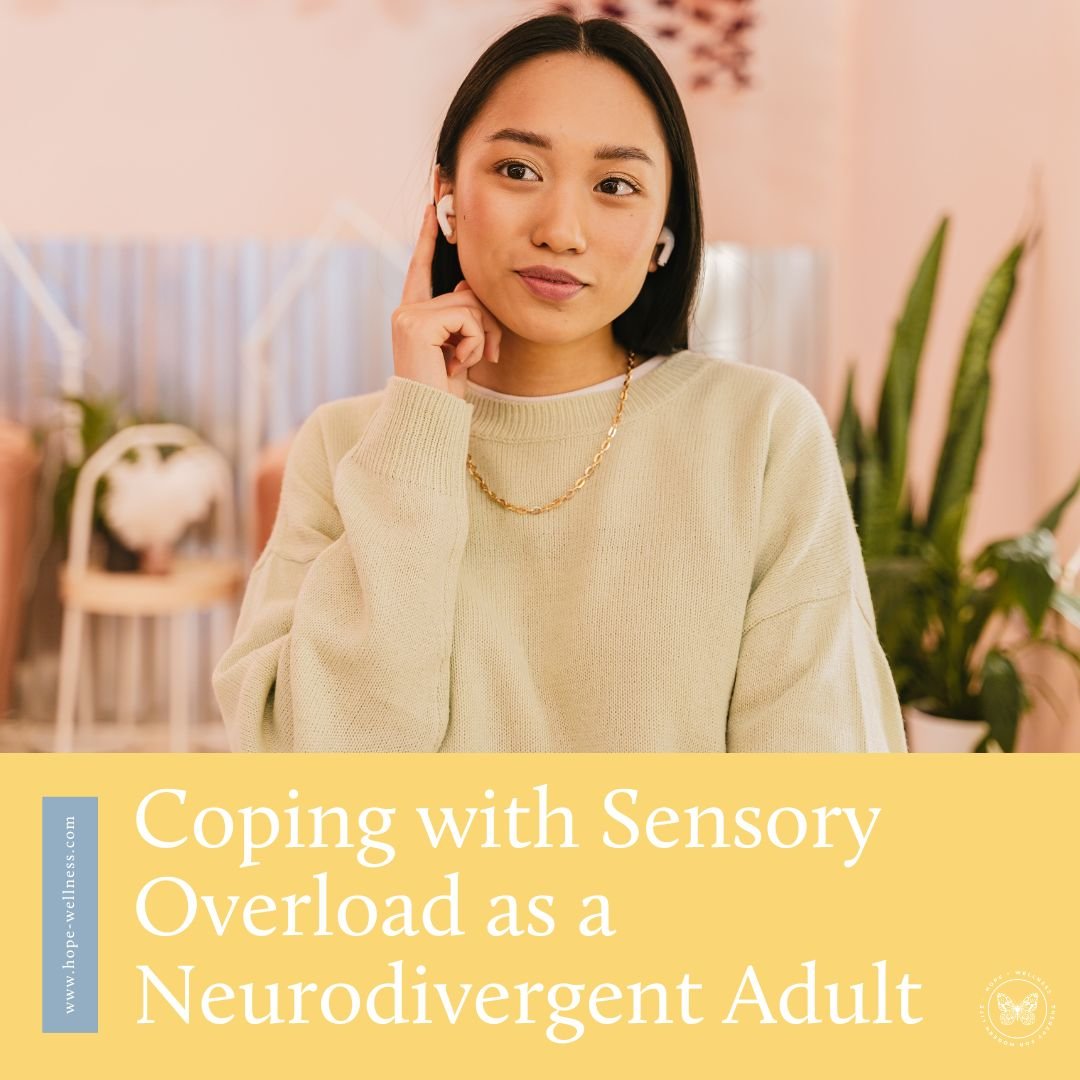Processing Non-Death Related Grief
What do you think of when you think of grief? Someone you loved + lost? Sadness? Heartache? Numbness? Charlie Brown? There are no wrong answers. Grief is experienced differently by everyone.
Grief covers a wide variety of experiences, and many of us have felt grief at some point in our lives. Grief can be felt over the death of someone, the loss of a friendship or relationship, divorce, moving, switching jobs, losing your faith, the death of a pet, anticipating a future loss, and so much more.
Some of us might assume that grief is exclusively reserved for death, but there are lots of ways grief can come up in someone’s life. So, if grief isn’t just the sadness that you feel after experiencing the death of someone close to you, what is it? What does it mean to be grieving?
Dictionary.com defines grief as: “something that causes keen distress or suffering.”
This definition works, but it doesn’t really speak to the complicated nuances of grief. Grief Recovery takes it one step further in their definition of grief: “Grief is the conflicting feelings caused by the end of or change in a familiar pattern of behavior.”
We all experience changes in our daily patterns from time to time, and it can be a really disrupting experience. Now that we understand that grief is about more than loss of life, we can recognize the emotional process we go through during periods of extreme change as grief.
When we thinking of grief, we typically think of loss of life of some kind, but grief can be felt for a variety of reasons. Some experts call this kind of grief disenfranchised grief. Kenneth Doka coined the term, which means “Grief that persons experience when they incur a loss that is not or cannot be openly acknowledged, socially sanctioned or publicly mourned”.
Disenfranchised grief is the grief that comes up we feel we are not able to openly acknowledge or mourn our loss. It can be extra difficult to grieve this way, because a big part of the grief process is getting support from folks in your life, and disenfranchised grief can make you feel like you’re alone.
Here are some situations that can lead to grief:
Moving
Changing schools
Leaving a job
Starting a new job
Loss of faith
Change in financial status
Divorce
Change in health status
Ending a friendship
Loss of a home
Infertility
Estrangement from family
Things to remember about grief:
Loss is not a competition
You don’t have to prove your loss to anyone or perform grief in a certain way. If anyone gives you a hard time, that’s their problem, and not yours. Your grief is personal to you, so you get to direct your process. Some types of loss are harder for people to understand, like a loss of faith. Not everyone feels the same way about faith + religion, so folks who don’t have a religious background might not understand the unique pain that comes with a loss of faith. Remember, you don’t have to prove anything to anyone.
Talk it out
Just because you feel as though you are not entitled to publicly grieve doesn’t mean that’s the case. There’s still a lot of stigma around mental health issues in this country, but don’t feel like you have to bury your feelings of grief for the comfort of other people. You can ask permission to vent or talk about sensitive subjects, but don’t feel like you can’t be open and real about your feelings just because you’re not grieving a death.
Actively process your feelings
As with most feelings, you can’t just bury grief down and expect it to pass. Grief is going to hurt - there’s no way to avoid it. Even though it feels impossible, it’s important to actively process your feelings when you’re grieving. There are lots of different ways to start the process of feeling your grief. Journaling, meditation, therapy, regular movement, and making art are a few places to start.
Take your time
Grief, unfortunately, is a long process. There’s no way around the pain of grief. Ignoring the pain will just make it worse, so its important to acknowledge your feelings. The way you feel has an impact on your health, mentally and physically, so make sure you’re not burying your feelings away. You might be feeling a whole mix of emotions, like anger, sadness, disbelief, fear, relief, numbness, devastation, loneliness, and others. Let your feelings come, without judgment.
If you’re struggling with your grief, know that it’s often a painful process and there’s no shame in asking for help. Our counselors can help you find a way to process your grief that works for you.









ADHD is a common neurodevelopmental condition that might affect you or someone you know. For some tips on attention strategies and to gain a better understanding of ADHD in general, we encourage you to check out this blog post :)